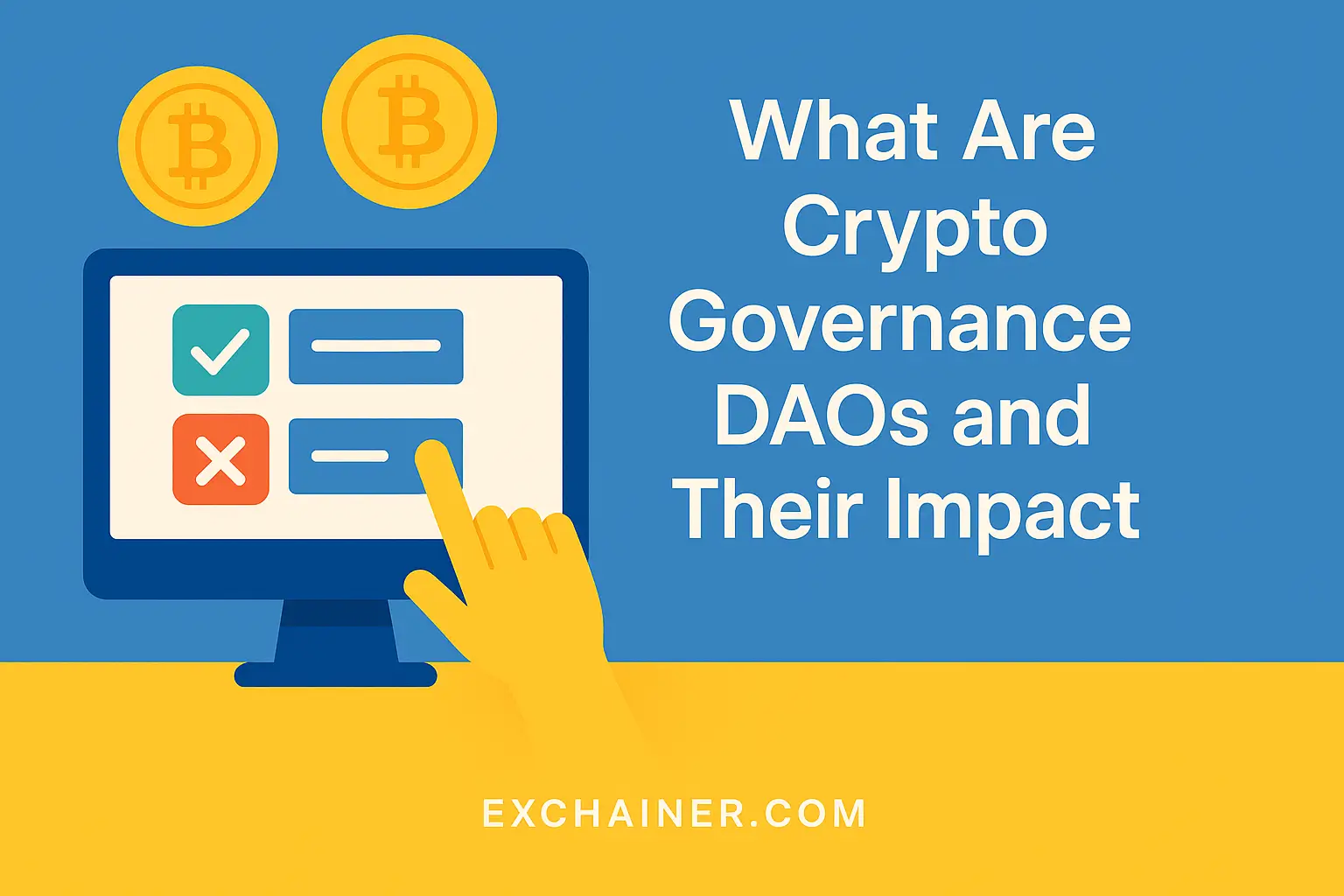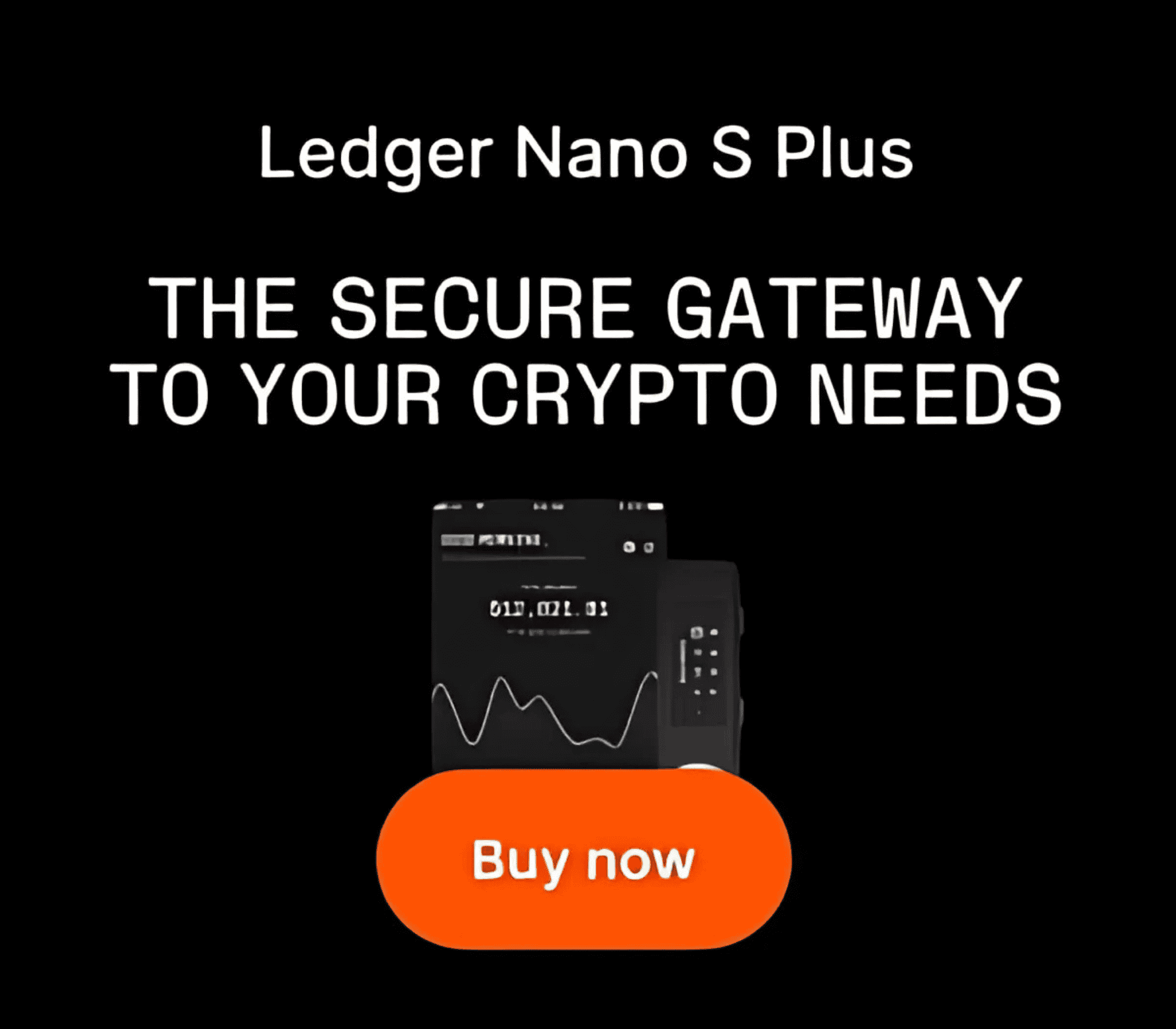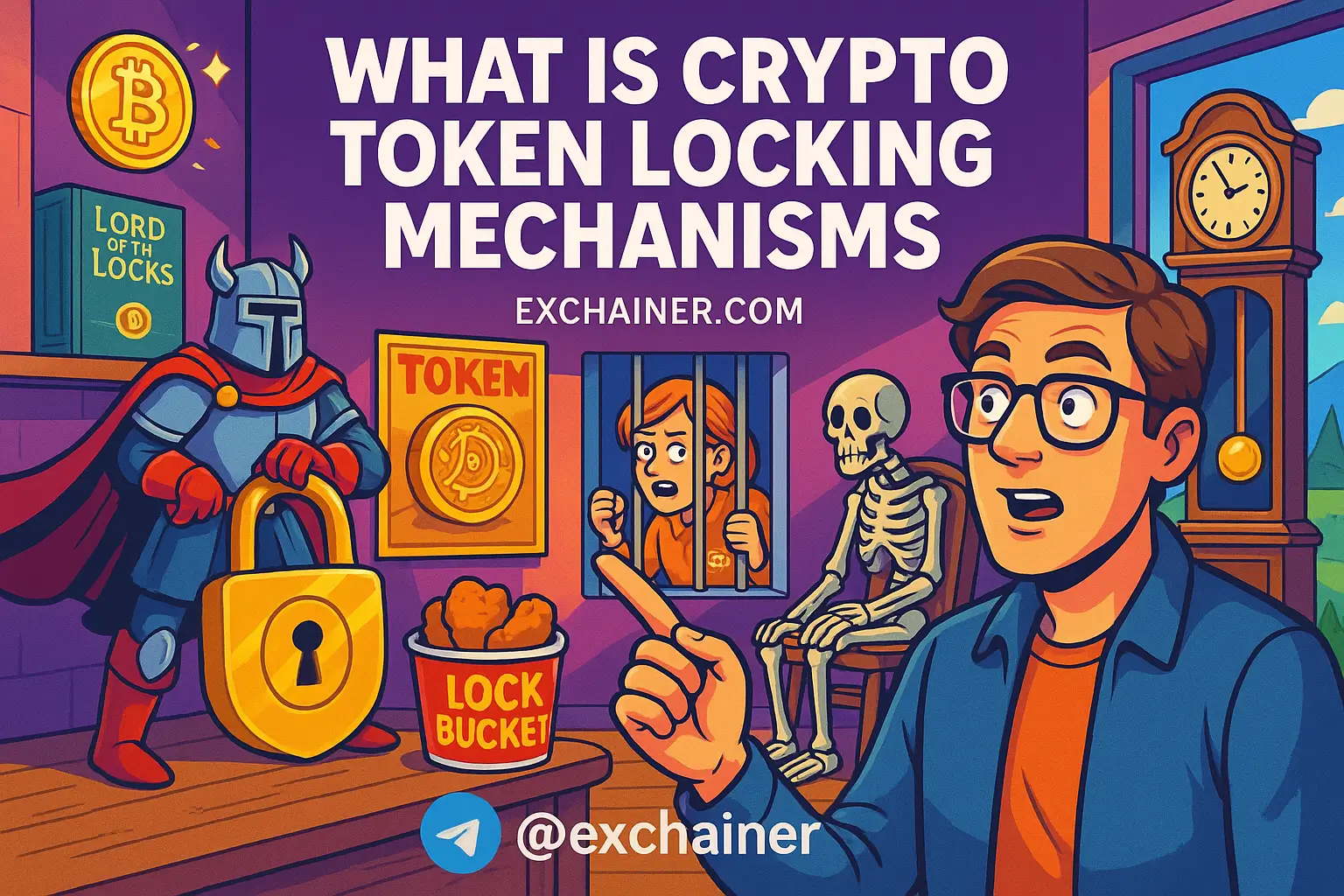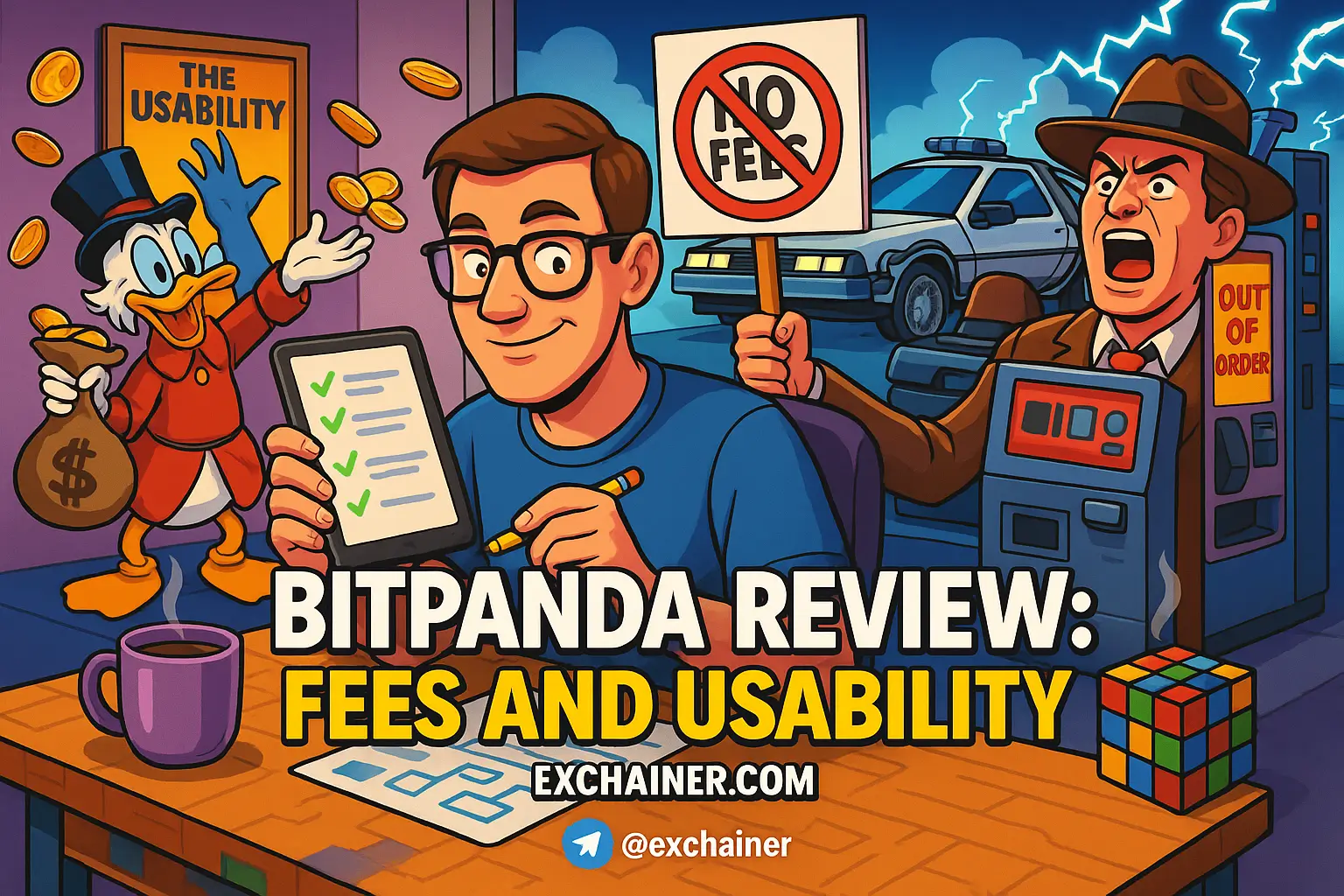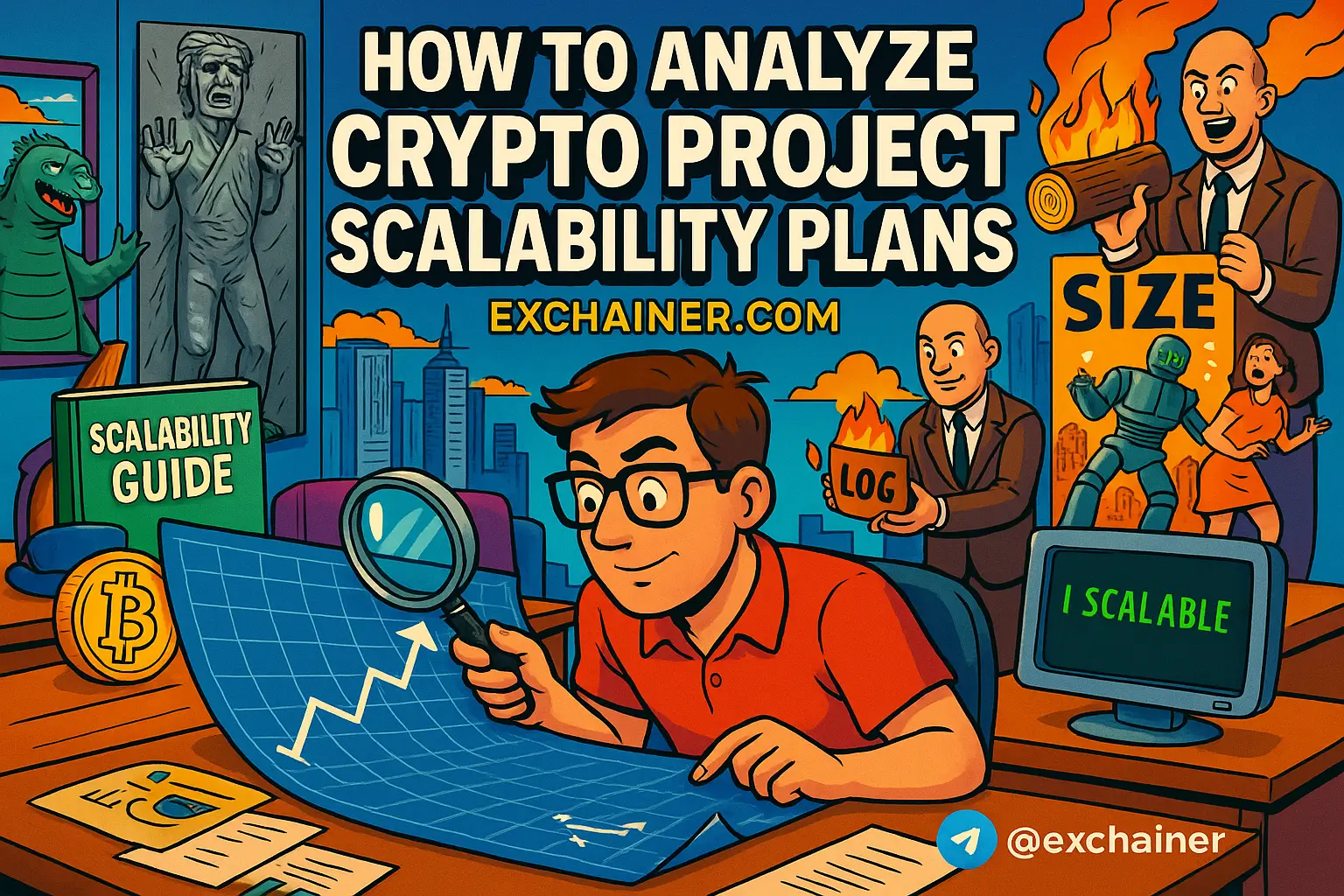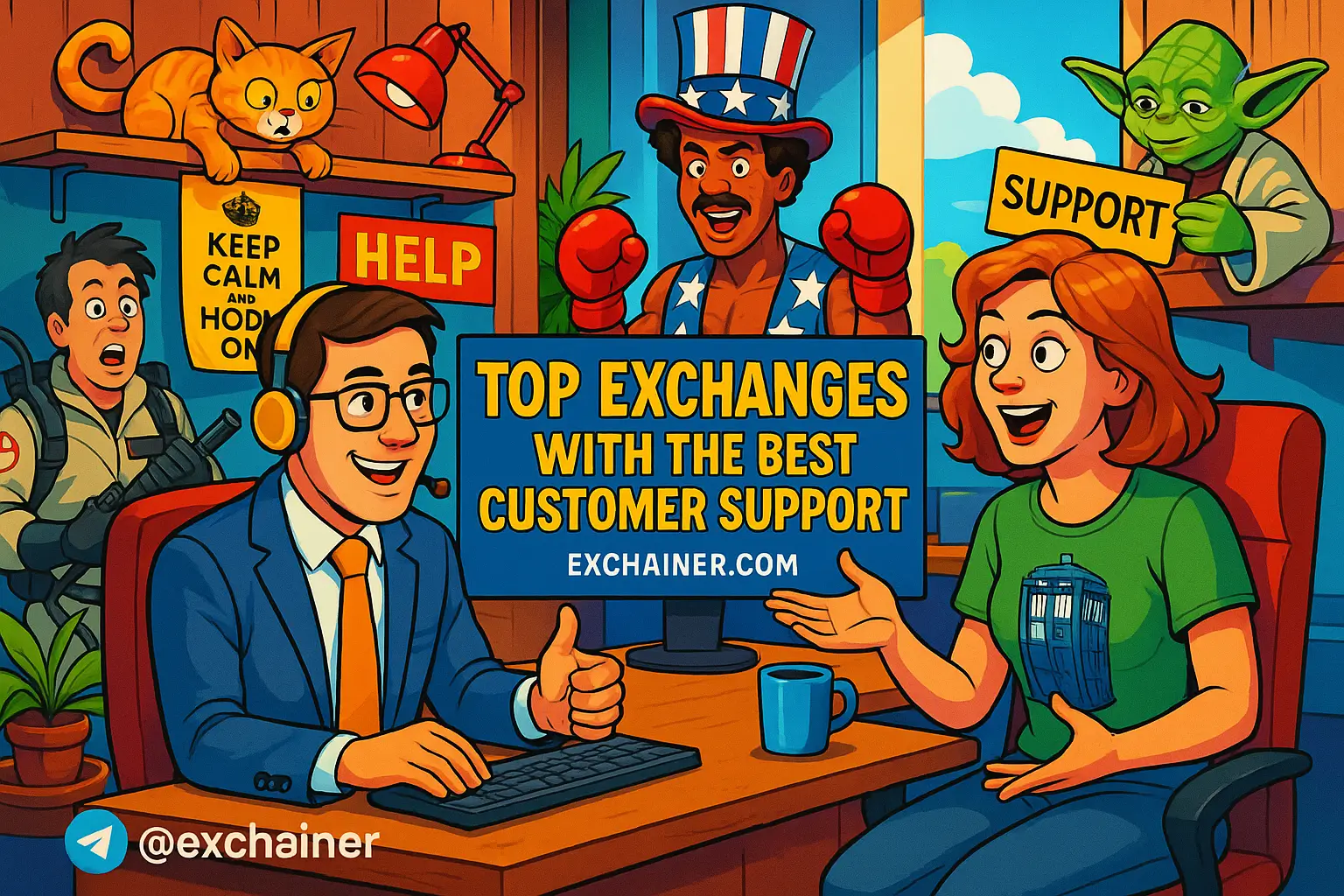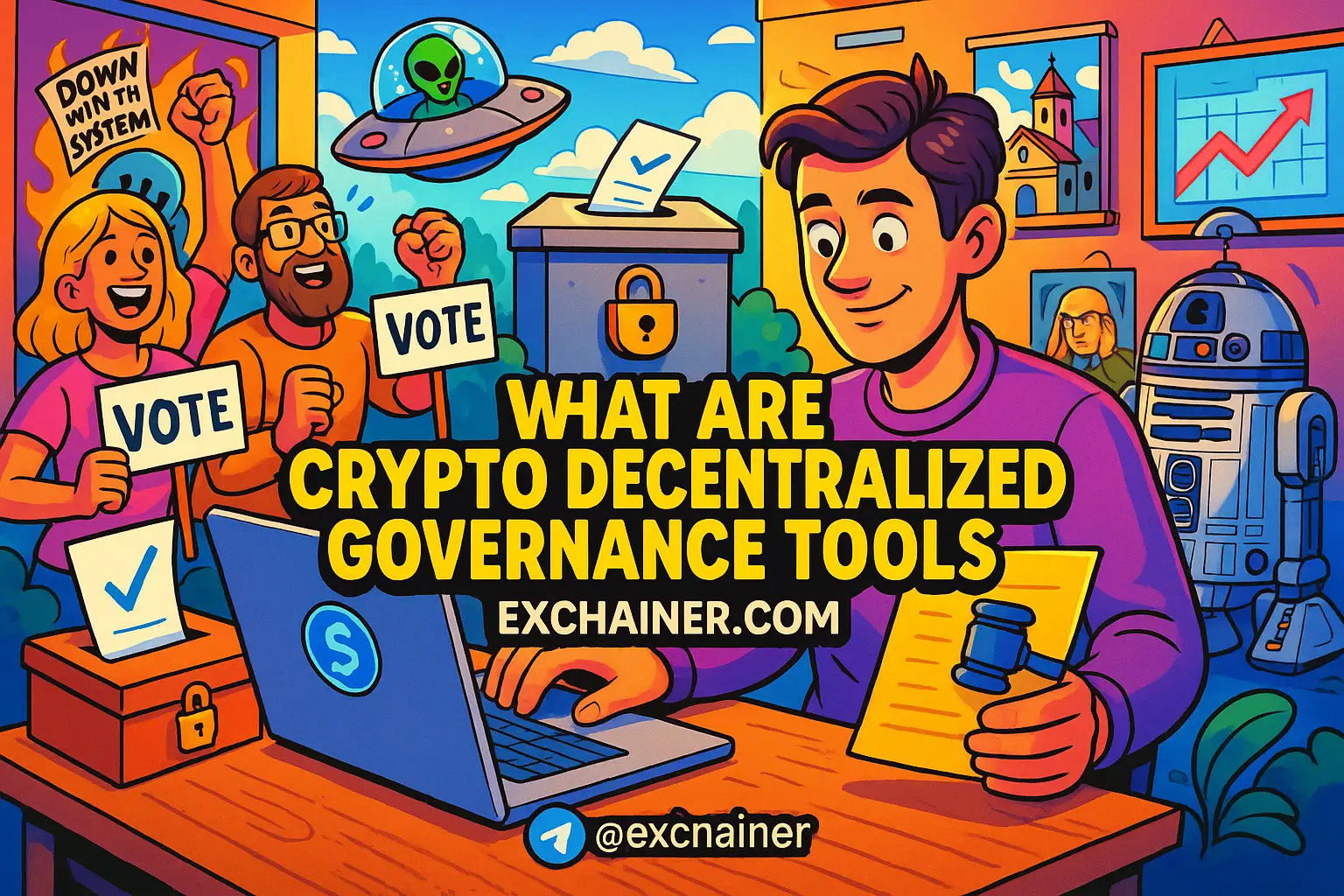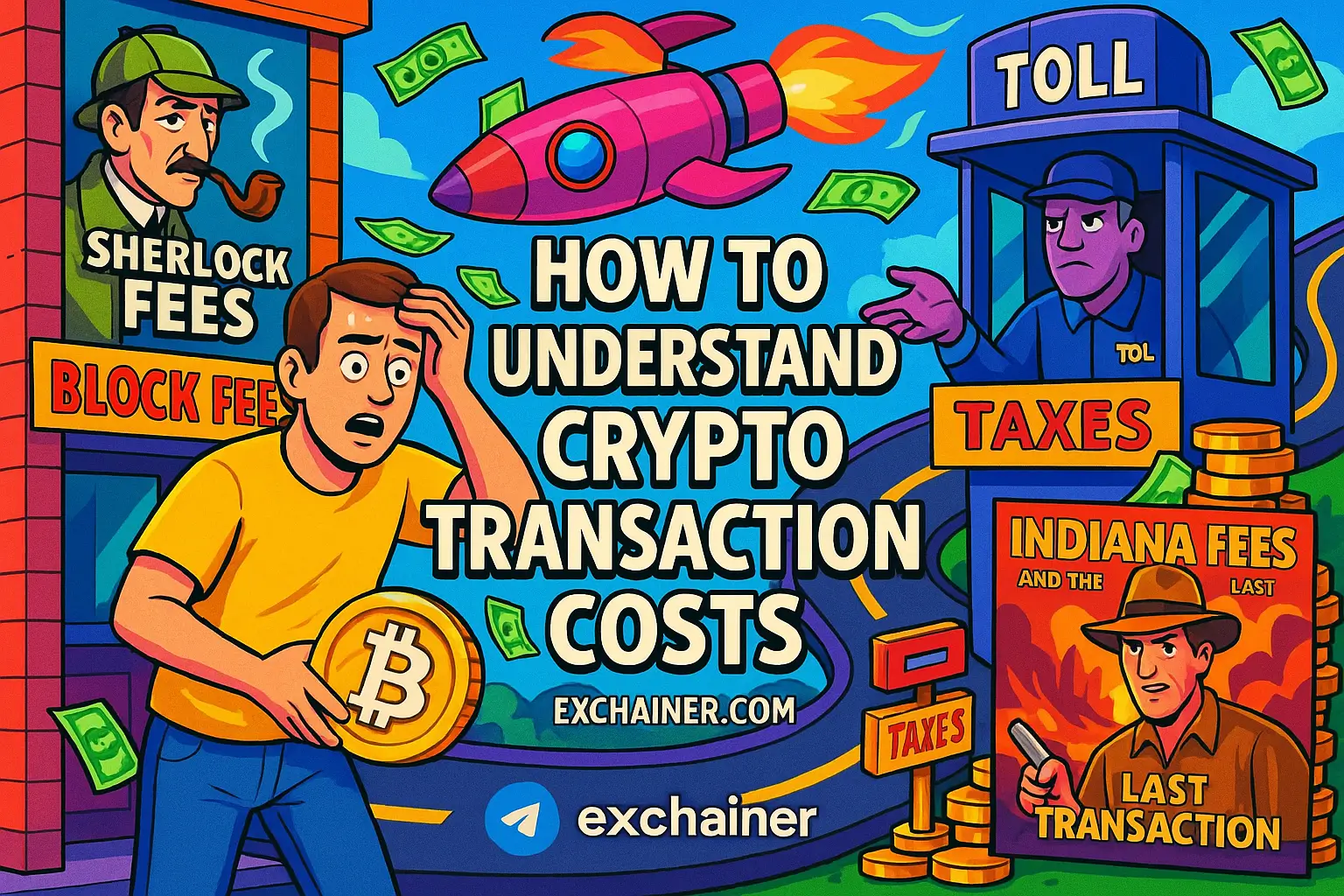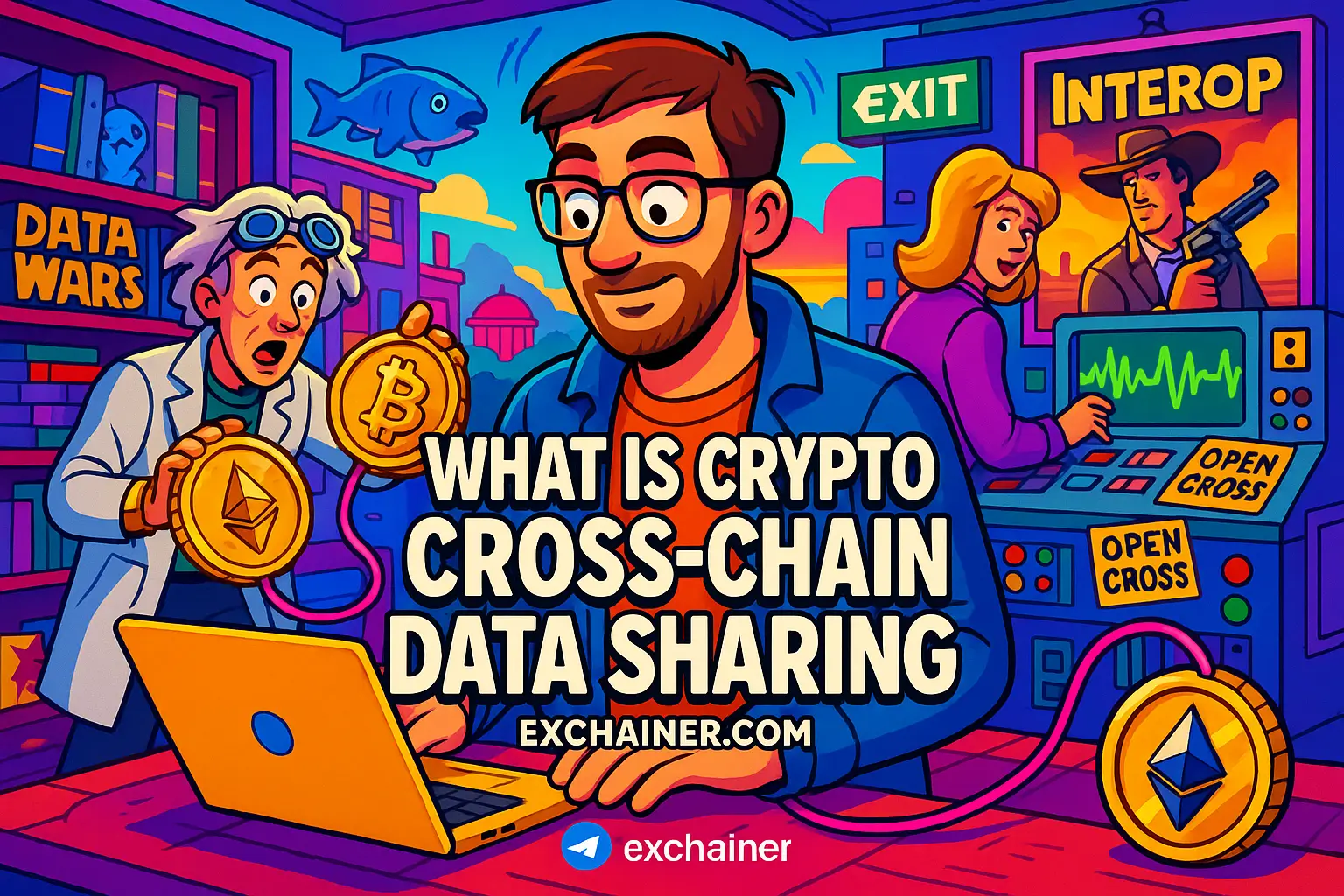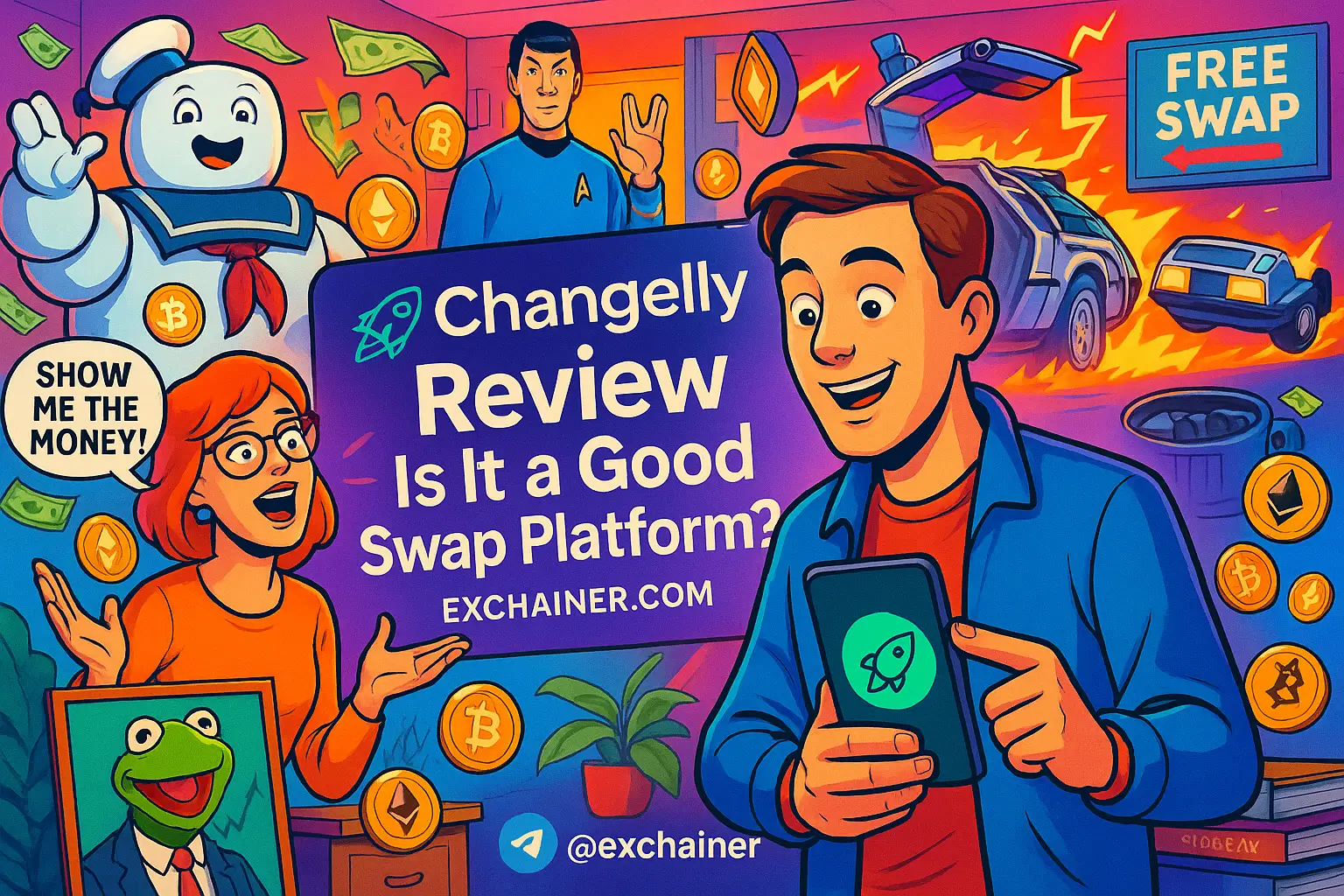Friends, stepping into the world of cryptocurrencies can feel like navigating a wild frontier. Among the exciting innovations shaking up this space, Governance DAOs have emerged as game-changers for how decisions get made in digital currency communities. If you’ve ever wondered what Governance DAOs are, how they work, or why everyone talks about them in crypto forums, you’re in the right place. This is your comprehensive beginner guide to understanding these decentralized organizations and their growing influence.
Why should you care about Governance DAOs? Well, they represent a fundamental shift from traditional centralized control in projects and networks toward democratized, community-driven governance. That means, instead of decisions being handed down by a small group or company, they’re made collectively by token holders worldwide. This shift aligns perfectly with the ethos of digital currency: transparency, fairness, and trustless interaction.
In this article, we’ll walk you through the basics of Governance DAOs, explain the technology and mechanics behind them, highlight real-world examples, and explore their impact on crypto markets and trading strategies. Along the way, we’ll share tips for those interested in participating in Governance DAOs and suggest resources to expand your crypto knowledge even further.
Understanding Governance DAOs: The Basics
The term Governance DAOs might sound like complex jargon, but breaking it down helps. DAO stands for Decentralized Autonomous Organization. Simply put, it’s a group that operates without centralized leadership, running on blockchain-based smart contracts that automate rules and decisions.
Think of a DAO as a digital cooperative where members who own certain tokens get voting rights on critical issues. These votes can influence the project’s direction, fund allocation, feature development, and more.
How Does a Governance DAO Work?
At its core, a Governance DAO functions through proposals and voting. Here’s a simplified breakdown:
1. Proposal Submission: Anyone holding governance tokens can submit proposals. These might be about software upgrades, treasury spending, or partnerships.
2. Discussion Phase: Community members debate the proposal openly, often on platforms like Discord or forums.
3. Voting Period: Token holders vote according to the number of tokens they own. Each token often equals one vote.
4. Execution: If approved, the DAO’s smart contract automatically executes the decision (e.g., releasing funds or activating protocol changes).
This process eliminates the need for centralized boards or executives, meaning control is distributed among the community — making governance transparent and less prone to manipulation.
What Governance DAOs Are Not
It’s important to clarify what this structure isn’t. Governance DAOs don’t mean chaos or complete anarchy. The rules are encoded in smart contracts and cannot be changed arbitrarily. Also, while token holders have voting rights, the actual system’s design ensures decisions pass only with sufficient consensus, thereby protecting minority interests.
The Evolution and Role of Governance DAOs in Crypto
Governance DAOs are not just a buzzword — they’re a response to some persistent challenges in the crypto and blockchain space.
Initially, many projects were controlled by centralized foundations or core teams. But as these projects expanded, communities demanded more say. Governance DAOs offer a transparent system where community stakeholders, not just insiders, can shape the future.
Some notable examples include:
MakerDAO: One of the earliest and most influential Governance DAOs, MakerDAO manages the DAI stablecoin protocol. Token holders vote on changes affecting the system’s stability, collateral types, and risk parameters.
Uniswap DAO: The decentralized exchange giant enables its UNI token holders to propose and vote on protocol improvements, fee structures, and grant programs.
These examples underline a key point: Governance DAOs are vital to the sustainability and adaptability of major decentralized projects.
Why Traders and Investors Should Care
If you’re thinking, “Okay, but what’s in it for me as a trader or investor?” — good question! Governance DAOs impact your decisions because:
1. Influence on Project Direction: Active governance can decide critical updates or partnerships, affecting token prices and utility.
2. Transparency and Security: Governance DAOs increase trustworthiness by involving the community, reducing risks tied to opaque development.
3. Rewards and Incentives: Some DAOs offer governance token holders financial incentives or airdrops for participation in voting.
Participating in Governance DAOs can give you a front-row seat in project evolution, offering strategic advantages that passive holders don’t have.
Technical Foundations: How Smart Contracts Empower Governance DAOs
Curious about the tech heartbeat of Governance DAOs? It’s all built on smart contracts — self-executing code deployed on a blockchain that enforces rules automatically.
Smart contracts enable:
Automated decision execution: Once a proposal gets enough votes, the contract triggers the agreed actions without manual intervention.
Transparency: Every proposal, vote, and execution is logged on-chain, visible to all participants.
Security: Immutable programming prevents unilateral changes and ensures decisions follow rules coded in advance.
This tech magic allows Governance DAOs to function autonomously without centralized management, honoring the idea of trustlessness central to cryptocurrencies.
Challenges and Risks in Governance DAOs
Despite their promise, Governance DAOs have challenges:
1. Voter Apathy: Many token holders don’t participate, potentially skewing results toward a small group.
2. Token Concentration: Large holders (whales) can dominate decisions, risking decentralization.
3. Security Bugs: Smart contract vulnerabilities can be exploited if not rigorously audited.
Knowing these risks helps you stay vigilant and understand the complexities behind DAO governance beyond the hype.
Getting Involved: How You Can Participate in Governance DAOs
Ready to dip your toes in Governance DAOs? Here’s a simple roadmap to get you started:
Step 1: Acquire the governance tokens of a project you’re interested in. These are usually available on major exchanges or decentralized platforms.
Step 2: Educate yourself about the DAO’s proposal and voting process—most popular DAOs have well-documented governance portals.
Step 3: Join community discussions and forums to grasp ongoing debates and proposals.
Step 4: Vote on proposals when eligible. Remember, every vote counts!
For example, MakerDAO stakeholders use vote.makerdao.com to participate, while Uniswap governance happens via Uniswap’s voting interface.
Participating actively not only empowers you but contributes to the health and direction of the crypto project you trust.
Pro Tips for Active Participation
Stay updated: Follow project social media, newsletters, or channels like Telegram and Discord to catch real-time governance news.
Engage in community forums: Asking questions and sharing insights helps refine proposals and improves overall governance quality.
Be selective with votes: Don’t blindly approve proposals; analyze impacts carefully.
The Future of Governance DAOs and Their Broader Impact
Looking ahead, the evolution of Governance DAOs could redefine how organizations operate beyond crypto. Imagine companies, nonprofits, or even governments adopting DAO-like structures for transparent, democratic decision-making.
Some projects are exploring cross-chain governance to allow token holders on different blockchains to participate in joint decisions. We’re also seeing new governance models like quadratic voting aimed at balancing power concentration.
“The DAO is not just a tech innovation but a new form of human organization,” said Vitalik Buterin, co-founder of Ethereum, highlighting its transformational potential.
As digital currencies gain mainstream acceptance, Governance DAOs are set to play a crucial role in maintaining their decentralized values and adapting to users’ needs.
Wrapping Up: Why Governance DAOs Matter to You
Friends, Governance DAOs represent more than just a new trend—they are the backbone of decentralized decision-making in the crypto space. Understanding them is vital, whether you’re a curious beginner or an active trader).
By distributing power among token holders, these DAOs promote transparency, trust, and community ownership — pillars on which the future of digital currency is built.
If you want to dive deeper into cryptocurrency basics and start your journey with more confidence, check out Exchainer’s Crypto 101 guides. Interested in trading platforms or wallets to buy governance tokens? Explore Exchange Reviews and Tools and Wallets categories for trusted recommendations.
Remember, the world of Governance DAOs is evolving fast, and staying informed can turn your crypto journey into a rewarding adventure. So, what are you waiting for? Start exploring, participate actively, and shape the future of digital currency!
For further reliability and data on DAO governance trends, you can refer to authoritative resources like CoinMarketCap’s DAO Guide or visit official project websites such as the MakerDAO homepage.

